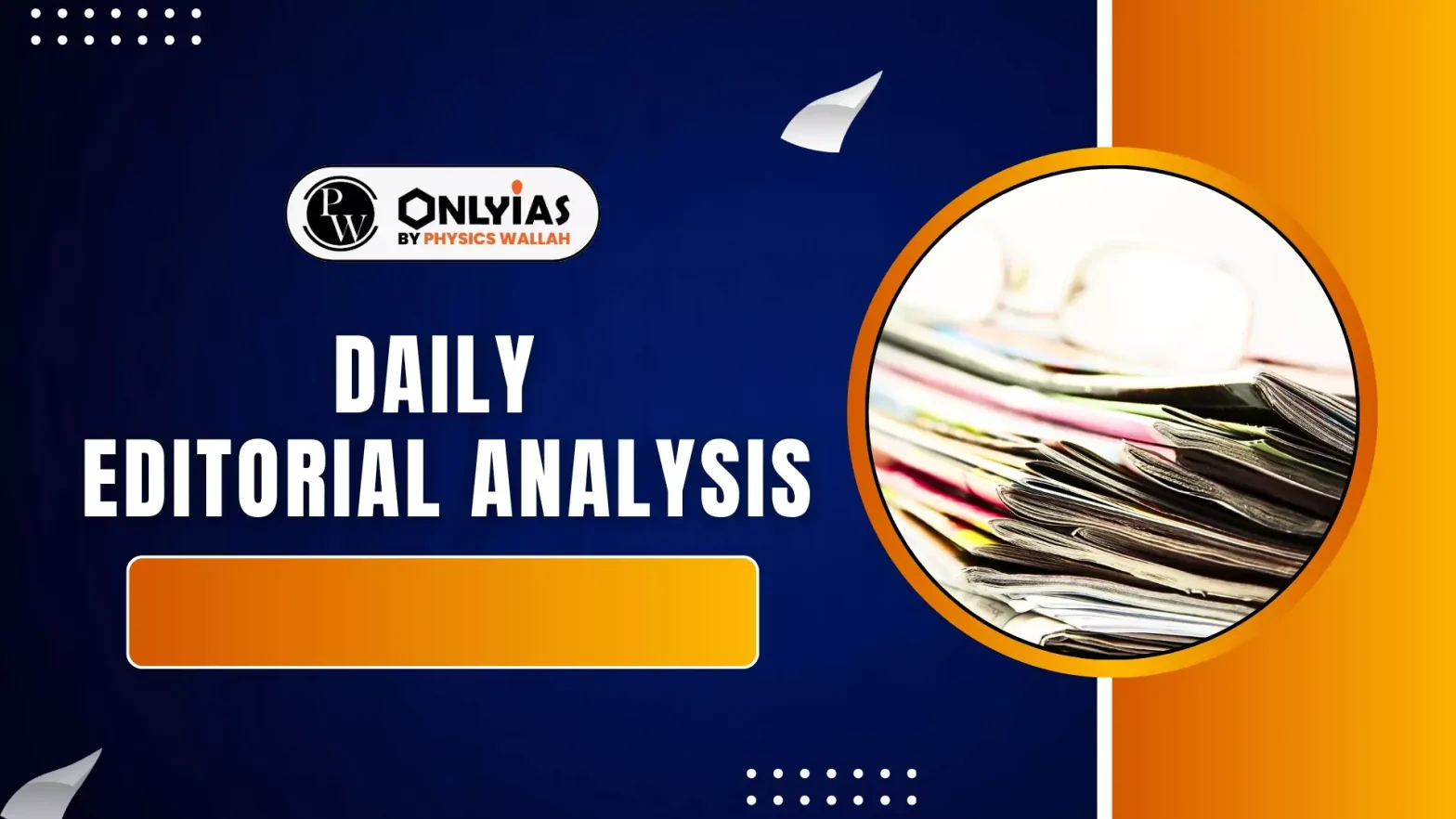![]() 10 Nov 2025
10 Nov 2025

The Ministry of Electronics and Information Technology (MeitY) has released India’s AI Governance Framework.
Check Out UPSC CSE Books
Visit PW Store
India’s adaptive regulatory strategy is promising, but its success depends on how quickly laws are updated and how effectively innovation and accountability are balanced.
| Mains Practice |
|---|
<div class="new-fform">
</div>